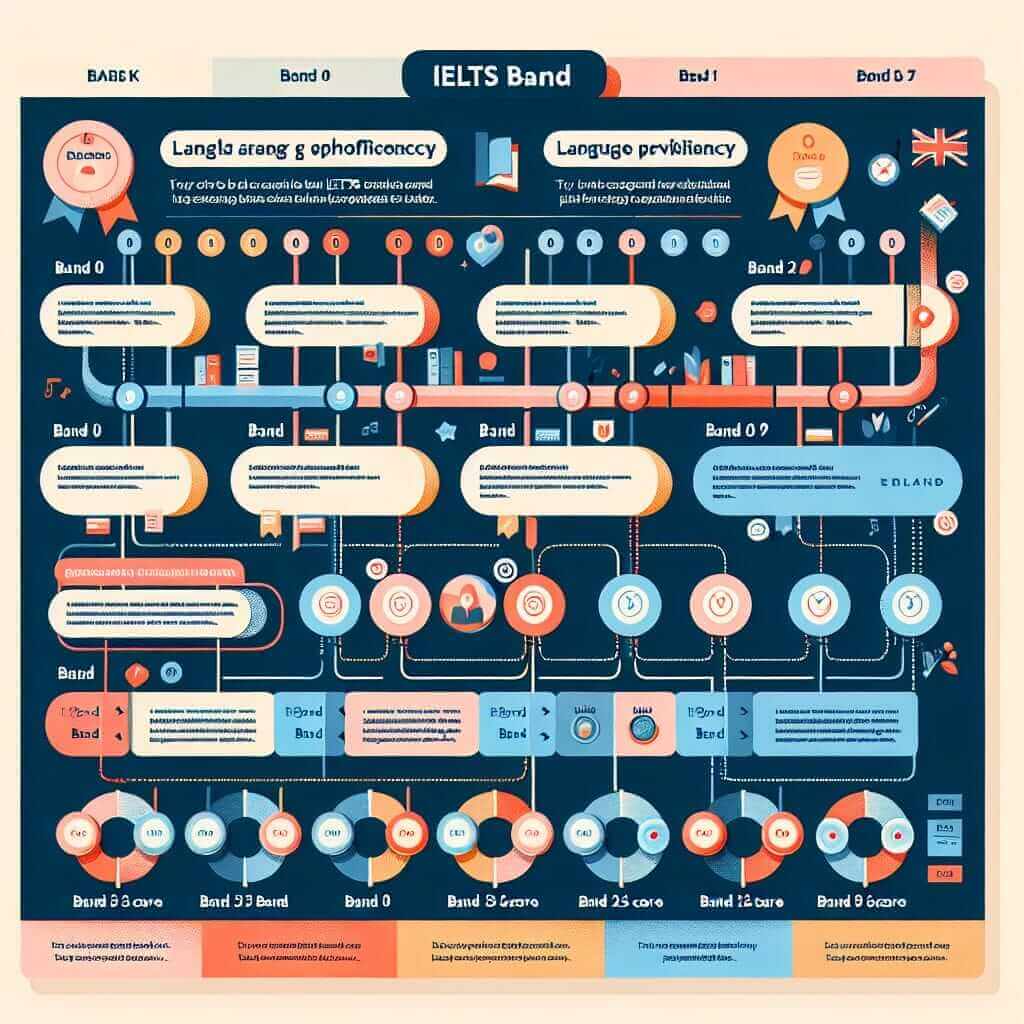Many IELTS test-takers struggle with using “provided” correctly in their writing and speaking. While it may seem like a simple word, understanding its nuances and applications can significantly enhance your grammatical range and accuracy, ultimately boosting your band score. This comprehensive guide will delve into the different uses of “provided,” equipping you with the knowledge and confidence to utilize it effectively in your IELTS exam.
Let’s start by looking at some examples of how “provided” can be used in IELTS:
- Speaking (Part 3): “Do you think technology has made our lives easier?”
- Response: “Yes, I believe technology has simplified many aspects of our lives, provided that we use it responsibly.”
- Writing Task 2 (Opinion Essay): “Some people believe that children should be allowed to use smartphones in school. Others argue that phones should be banned altogether. Discuss both views and give your own opinion.”
- Possible Argument: “While smartphones can be distracting, they can also be valuable learning tools provided that their use is carefully monitored and controlled by educators.”
- Listening (Section 4): (From a lecture about sustainable living) “…and remember, even small changes can make a big difference, provided that we all do our part…”
In each of these examples, “provided” introduces a condition that must be met for the main statement to be true. Understanding this conditional relationship is key to using “provided” accurately.
Understanding “Provided” and Its Synonyms
“Provided” is a conjunction used to express a condition. It means “on the condition that” or “only if.” It is similar in meaning to these commonly used synonyms:
- If: This is the most common synonym for “provided.” However, “provided” is often more formal and emphasizes the importance of the condition.
- On the condition that: This phrase emphasizes the conditional nature of the statement.
- As long as: This phrase is similar in meaning to “provided that” and is often used in informal contexts.
- Assuming that: This phrase suggests that the condition is likely to be true.
Using “Provided” in IELTS
Structure and Grammar
“Provided” is typically followed by a subject and a verb. It can be used at the beginning or in the middle of a sentence.
Structure:
- Provided/Providing [that] + Subject + Verb, Main Clause
- Main Clause + Provided/Providing [that] + Subject + Verb
Examples:
- Formal: Students are allowed to use dictionaries in the exam, provided that the dictionaries are monolingual.
- Informal: You can borrow my car, provided you drive carefully.
- Beginning of sentence: Provided that you have the necessary qualifications, you are eligible to apply for the job.
- Middle of sentence: Online learning can be highly effective, provided that students have access to reliable internet and strong self-discipline.
Applying “Provided” in IELTS
- Writing Task 2 (Opinion/Discussion Essays): “Provided” is extremely useful for presenting balanced arguments and acknowledging counter-arguments.
- Example: Some people argue that space exploration is a waste of resources. However, I believe it is a worthwhile endeavor, provided that it leads to advancements in science and technology that benefit humanity.
- Speaking Part 3 (Two-part Questions): Use “provided” to give more complex and nuanced answers.
- Example: “Do you think it’s important for everyone to learn a foreign language?”
- Response: “Learning another language can certainly be beneficial, provided that it aligns with an individual’s personal or professional goals. However, I don’t believe it should be a mandatory requirement for everyone.”
- Listening: Be prepared to identify the use of “provided” and its synonyms in lectures or conversations, as it is often used to express conditions and limitations.

Achieving Band 7+ with “Provided”
To score highly in the grammatical range and accuracy criteria, aim to:
-
Use a variety of conjunctions: While “provided” is useful, don’t overuse it. Show your range by using other conditional conjunctions like “unless,” “as long as,” “on the condition that,” etc.
-
Formal Language: Stick to “provided that” in your writing, especially in Task 2 essays, to maintain a formal tone.
-
Complex Sentence Structures: Use “provided” to create more complex sentences.
- Example: Many young people dream of becoming famous athletes or musicians; however, they should be aware that success in these fields is highly competitive and often fleeting, provided that they possess exceptional talent and unwavering dedication.
Common Mistakes and How to Avoid Them
-
Incorrect Tense: Ensure the verb tense in the main clause and the clause introduced by “provided” are logically connected.
- Incorrect: The economy will improve provided that the government reduces taxes.
- Correct: The economy will improve provided that the government reduces taxes.
-
Using “Provided” When “If” is More Suitable: While often interchangeable, “if” is generally more common in spoken English and less formal contexts.
- Informal: We can go for a walk if the weather is nice.
- Formal: Financial aid will be granted to students, provided that they meet the eligibility criteria.
Conclusion
Mastering the use of “provided” can significantly enhance your grammatical range and accuracy in the IELTS exam. By understanding its meaning, different forms, and application in various contexts, you can express conditions and limitations with greater precision and sophistication. Remember to use “provided” appropriately, avoiding common mistakes, and practice incorporating it into your writing and speaking to confidently achieve your desired band score.